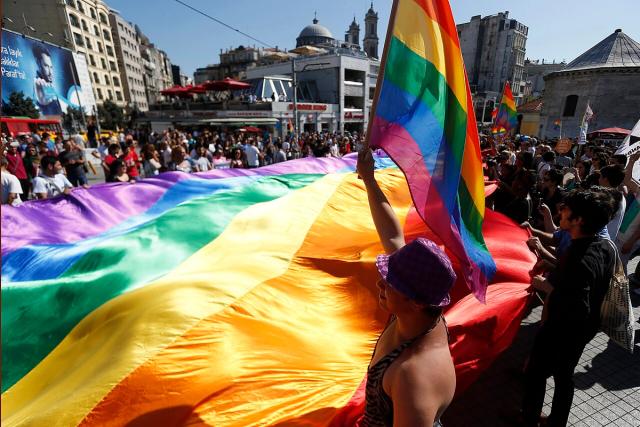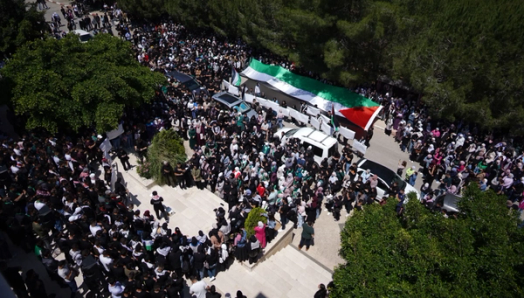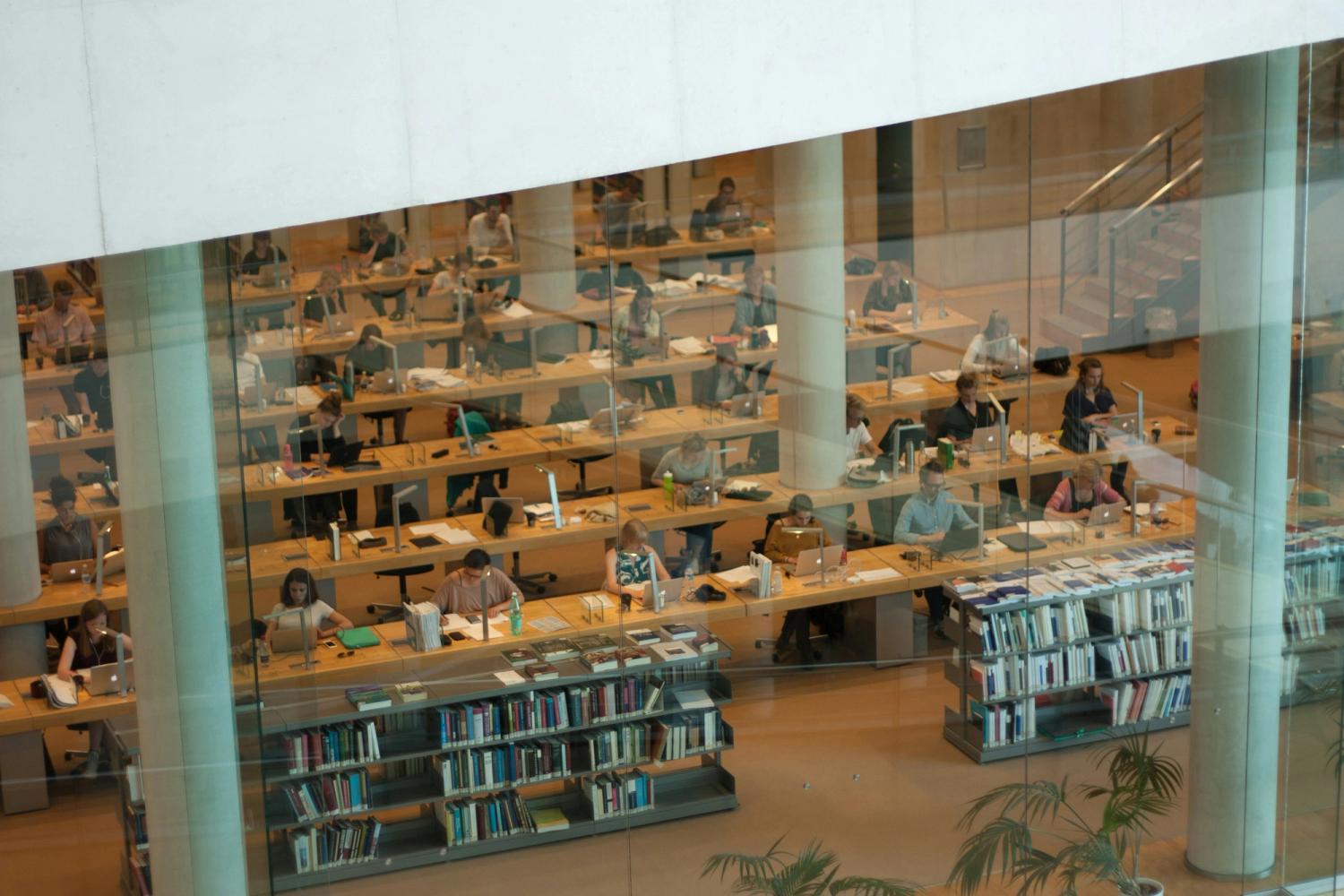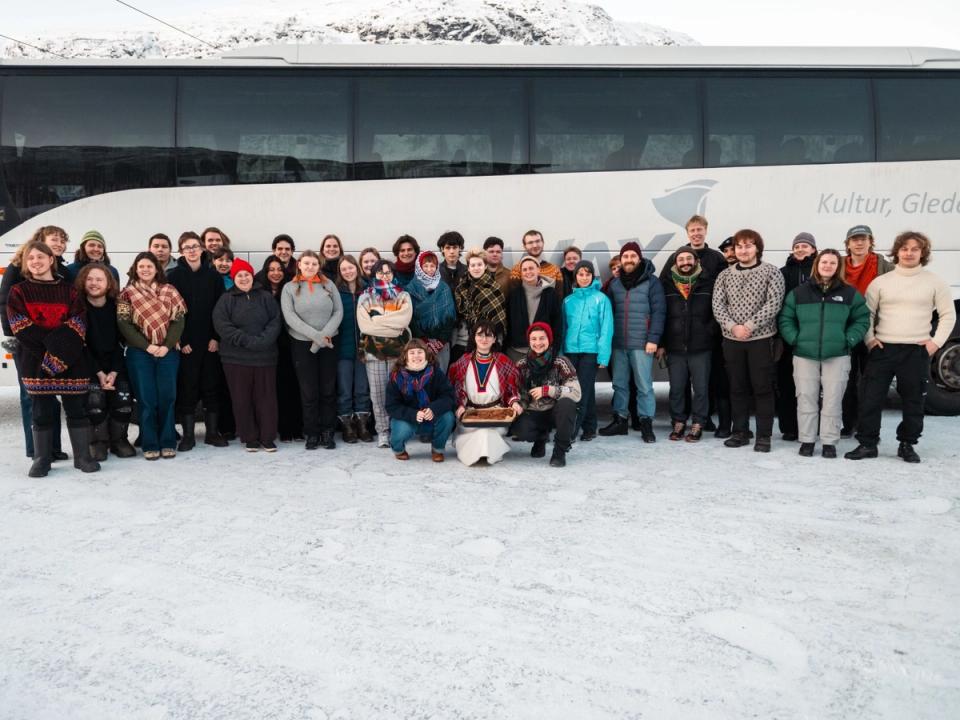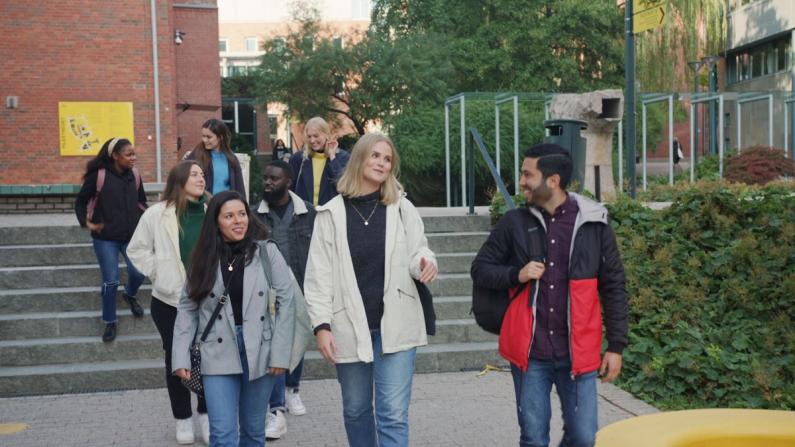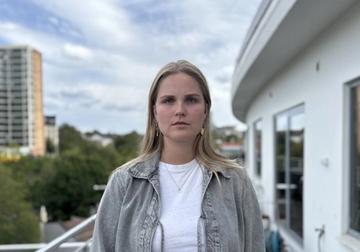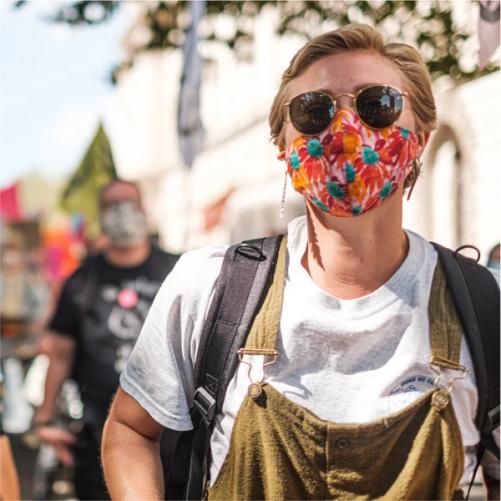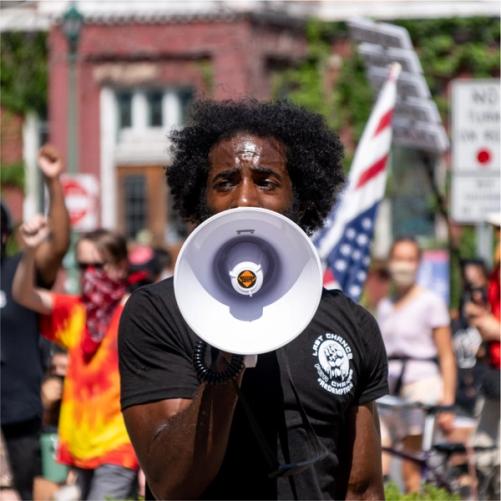Nyhet
International Day Of World's Indigenous Peoples
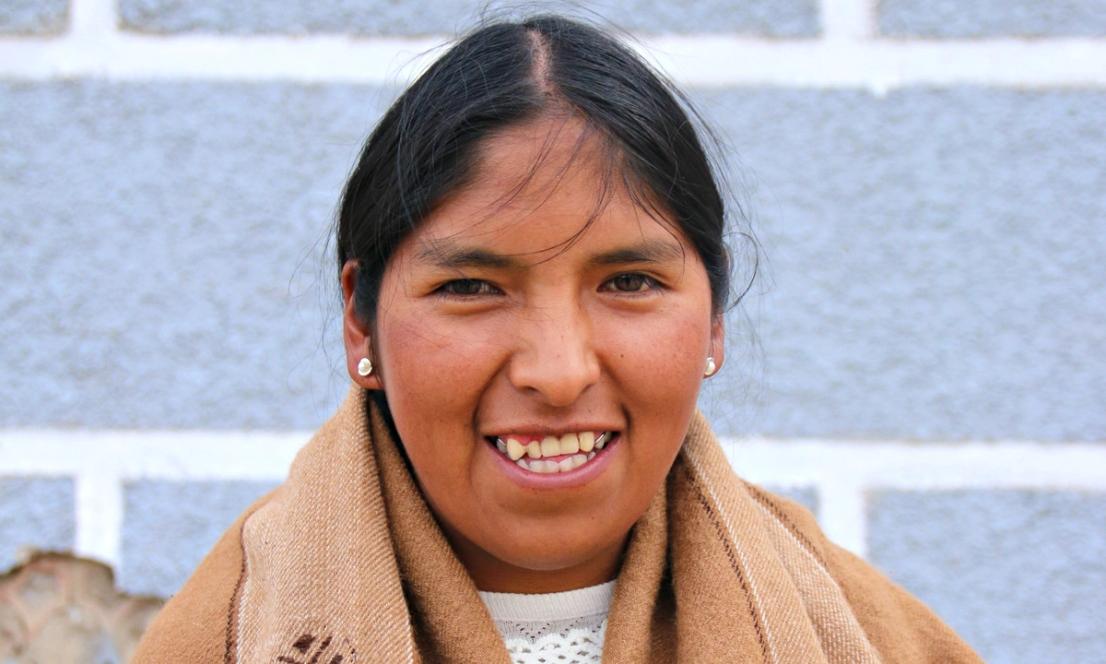
Today, August 9 is the International Day of the World’s Indigenous Peoples. A time to celebrate the cultural diversity of these unique societies that have blossomed in ancient times and still inhabit almost all regions of our planet, from the Artic to the Amazon. Indigenous peoples are wardens of an incredibly rich and endangered mosaic of cultures and languages, and behold invaluable knowledge about their environments and territories. They represent, at the same time, a window to our past – to remind us that we live in a much more complex and multifaceted world than we are used to believe in – and an inspiration to our future – to show us how to better take care of our environment, in a time of acute climate crisis, and how to think outside our mind-boxes, formatted by logical reasoning, scientific paradigms and linear notions of time.
It is also a time to grieve over the extermination of indigenous peoples due to historical colonization. Genocide and forced assimilation of indigenous peoples to so called “modern” societies have also been a common shared heritage (or curse) that we should not forget nor forgive. Whole nations have been expelled from their ancestral lands, decimated by disease and warfare, brainwashed by religious missionaries for several centuries until today. Spanish conquistadores and Wild West cowboys have too often been romanticized and glorified in history books. It is time to rewrite them.
In this context, education is the double-edged sword that often determines the fortune or the curse of indigenous peoples. It has been used as a powerful tool for assimilation and loss of culture – for example through the so-called boarding schools in Norway, where Sami children learned how to abandon and be ashamed of their culture. But education can also be used to strengthen indigenous culture, by revitalizing language, mythology, systems of learning and belief, agricultural and medicinal practices, and other bodies of traditional knowledge and indigenous technology.
Indigenous education, based on each people’s own premises, is a fundamental right, recognized in international law, and a precondition for the wellbeing of these peoples. That is why SAIH supports indigenous peoples in Colombia, Nicaragua and Bolivia to build their own education systems: to do our small part in rewriting history.
